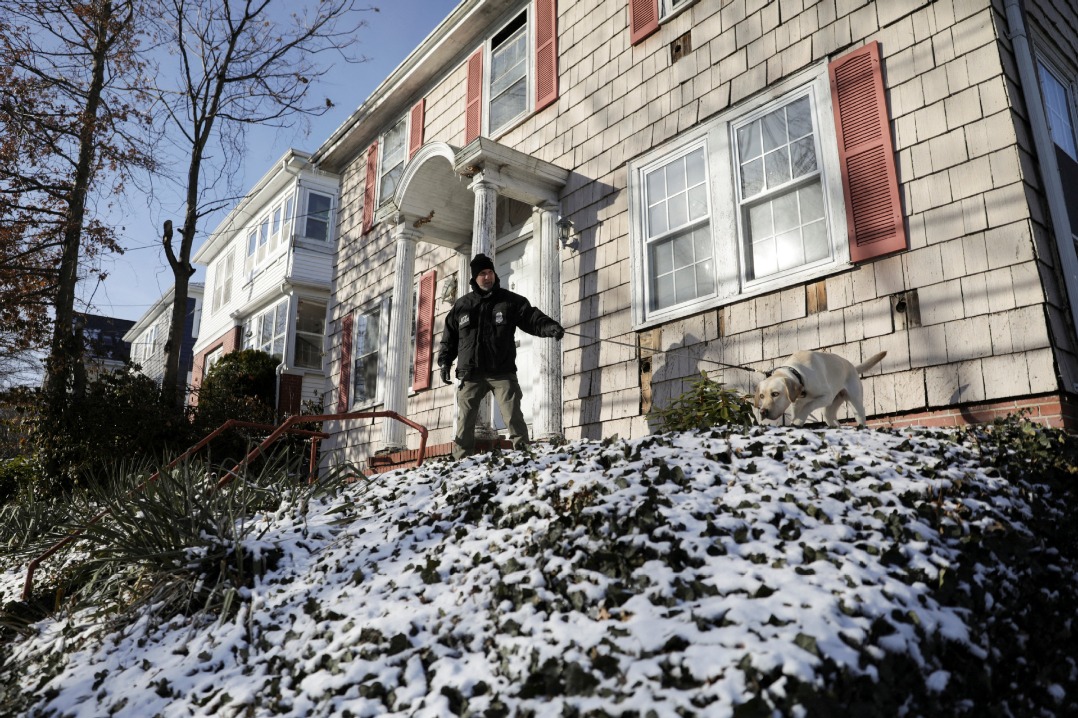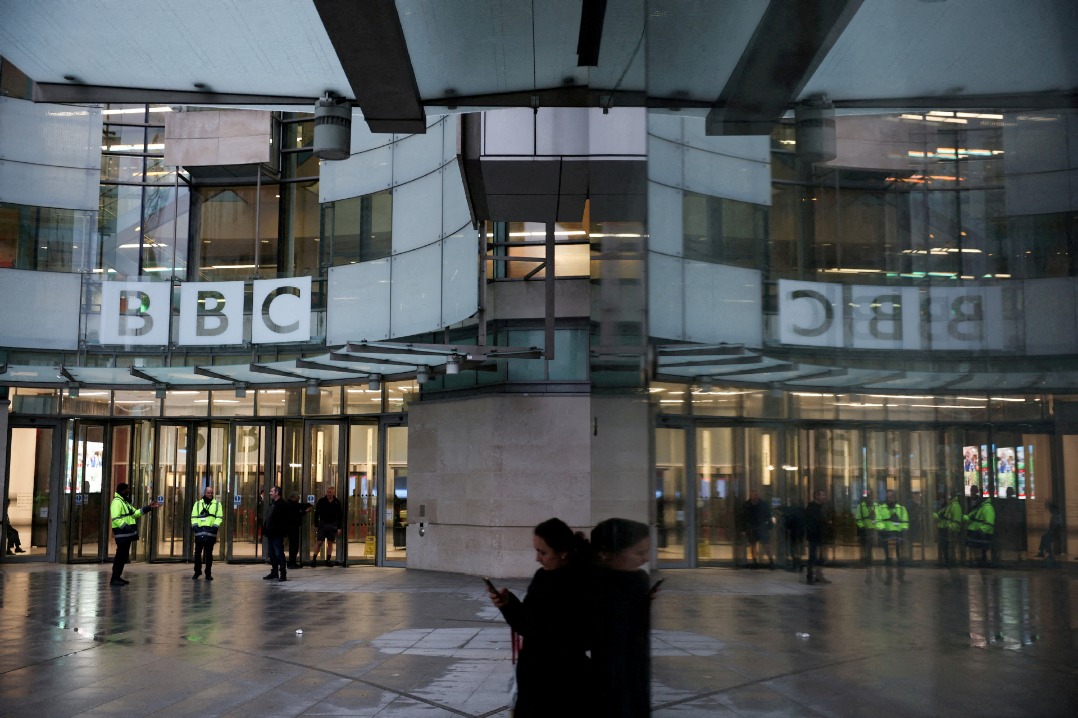US stocks rise in early trading

US stocks rose in early trading on Tuesday as investors bet the worst of the coronavirus pandemic has passed and the economy can begin to climb out of the hole dug by government-imposed stay-at-home orders.
Different states plan to re-open the local economy at different paces. In California, Governor Gavin Newsom said retailers will be permitted to re-open for curbside pickup as soon as Friday.
In Florida, restaurants and shops will be permitted to re-open, but with limited capacity. The order doesn't apply to the hardest-hit Miami-Dade, Broward and Palm Beach counties, but Governor Ron DeSantis it will be modified to include them when conditions permit.
In early trading, the Dow Jones Industrial Average gained 351.59 points, or 1.49 percent, to 24,101.25. The S&P 500 gained 1.57 percent. The Nasdaq composite rose 1.69 percent.
Many tech stocks, including Microsoft, Apple and Amazon rose in early trading.
Kevin Johnson, Starbucks CEO, said Tuesday that about 85 percent of the company's shops will be reopened by the end of the week with modified hours. He expects to have more than 90 percent of the cafes open by early June. Starbucks rose 3.44 percent in early trading.
Other companies that would immediately benefit from re-starting the economy also gained, including Wynn Resorts, up 2.91 percent, and AMC Entertainment, up 5.12 percent.
However, in a filing with the SEC, Norwegian Cruise Line said there is "substantial doubt" that it can continue as a "going concern" due to the coronavirus pandemic because revenue lost during the shutdown created a cash crunch and the likelihood that fewer people will book trips in the future.
The company's stock lost 11.01 percent in early trading.
Airline stocks, hammered Monday after super-investor Warren Buffett dumped his shares, rebounded. American Airlines rose 3.36 percent. Delta Air Lines climbed 2.92 percent. Southwest edged up 0.25 percent. United Airlines gained 1.01 percent.
Oil prices, a proxy for future economic activity, rose as investors bet the economy has bottomed out.
West Texas Intermediate crude, the gauge for US prices, gained 14.81 percent to $23.41 a barrel. Brent crude, the world bench mark rose 9.89 percent to $29.89 percent.
Exxon-Mobil rose 4.33 percent. Chevron gained 3.57 percent. ConocoPhillips climbed 7.23 percent. Sunoco gained 3.23 percent.
But there is likely to be economic turmoil ahead.
The Commerce Department said Tuesday that the US trade deficit widened in March as the worldwide economic shutdown inhibited exports and imports.
The deficit climbed 11.6 percent to a seasonally adjusted $44.4 billion in March, up from $39.8 billion in February. The increase ended two months of decline.
Imports fell 6.2 percent to $232.2 billion in March, the lowest total since October 2016. Exports fell 9.6 percent to $187.7 billion, the lowest since November 2016.
The US trade deficit will widen if exports decline faster than imports. The trade gap had been narrowing in the last year as the global economy slowed and President Donald Trump imposed tariffs on goods from China.
In January, the two nations reached a "Phase One" trade deal that called for China to boost its purchases of US goods by $77 billion in 2020 and by $123 billion in 2021. Economists say it's unclear if China can meet the goal amid the economic slowdown caused by the coronavirus pandemic.
Last month, the International Monetary Fund said it expected global trade to decline 11 percent this year. The World Trade Organization (WTO) projected a decline of 13 percent to 32 percent. The decline would be felt worldwide, but would hit Asia and North America the hardest.
The decline expected by the WTO would be deeper than the global financial downturn of 2008-2009. Trade never returned to its pre-crisis level, the WTO warned, and the pattern could be repeated now if coronavirus creates extended disruption.
































